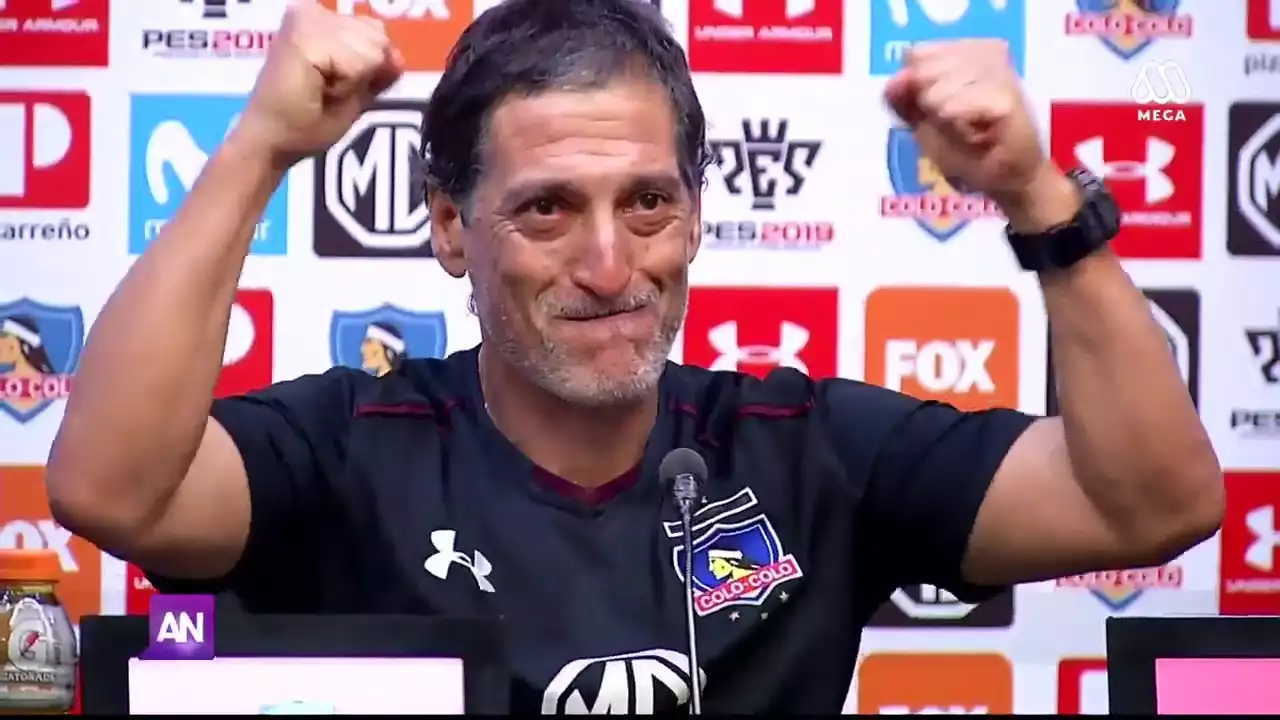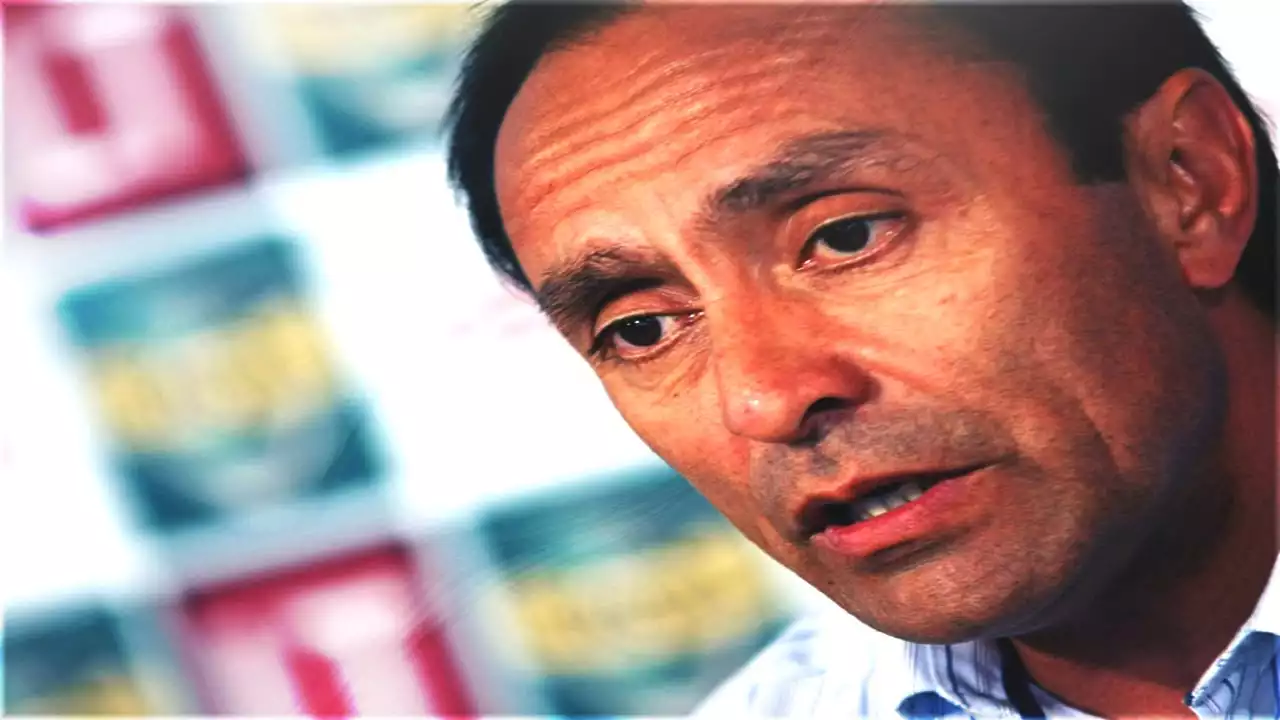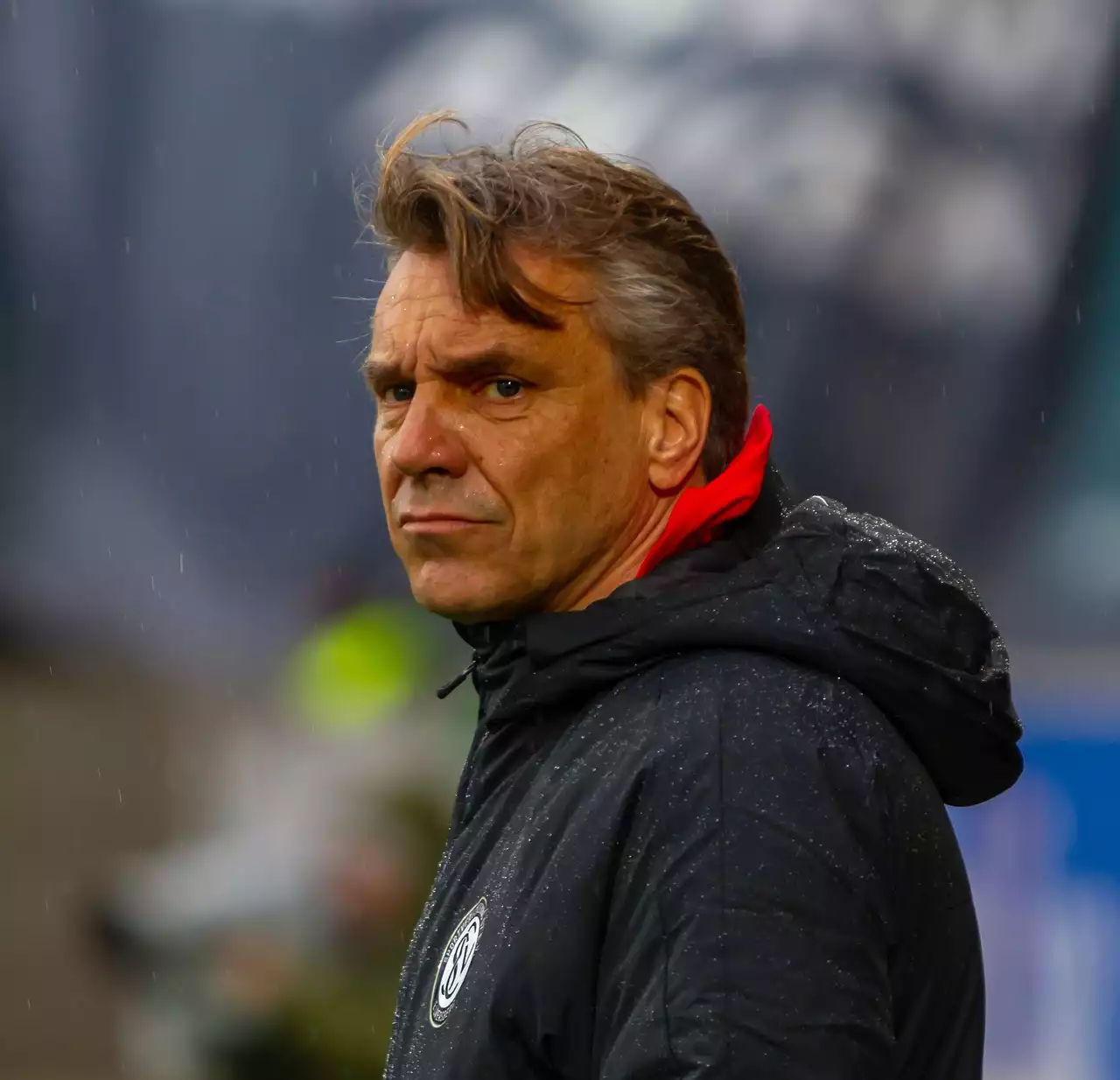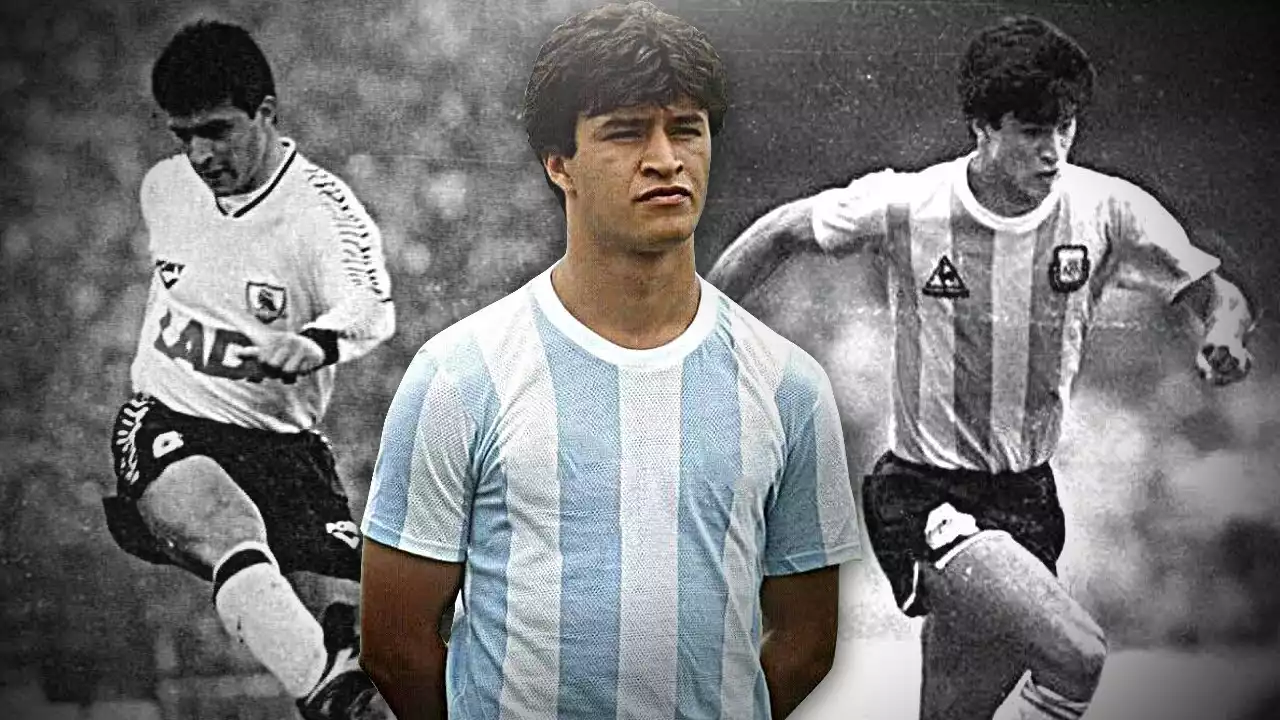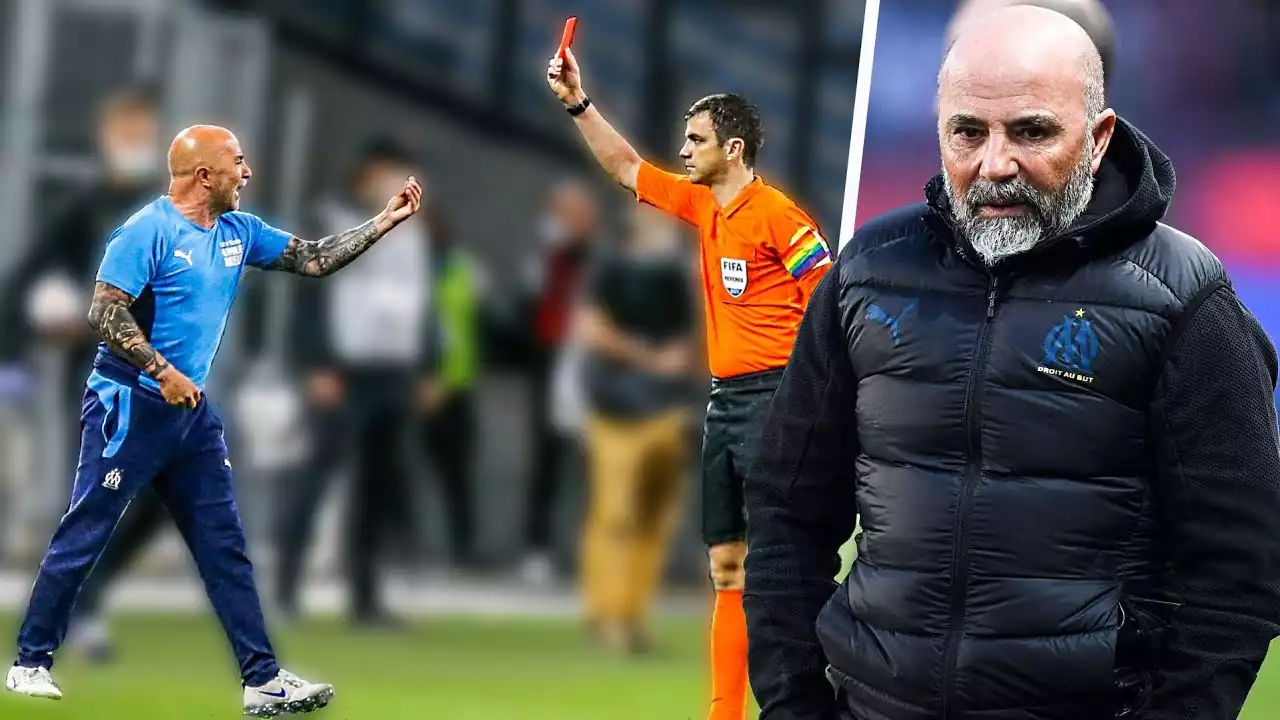The Importance of Managerial Stability in Football
In the world of football, stability in the managerial position is often considered the foundation for success. A manager's ability to build a cohesive team, implement tactics, and develop a winning culture is crucial for long-term achievements. However, in the Campeonato Chileno, stability has been a rare commodity, with clubs frequently opting for drastic changes in an attempt to turn their fortunes around.
Jorge Sampaoli at Universidad de Chile
One of the most remarkable managerial shake-ups in the Campeonato Chileno occurred when Jorge Sampaoli took charge of Universidad de Chile. Sampaoli's arrival marked a turning point for the club, as he transformed them into a dominant force in Chilean football. His high-intensity playing style and tactical innovations brought immense success to the team.
However, despite his undeniable impact, Sampaoli's tenure at Universidad de Chile was not without its twists and turns. Rumors of disagreements with the board and clashes with key players led to speculation about his future. Eventually, Sampaoli left the club under controversial circumstances, leaving behind a legacy that will forever be remembered in Chilean football history.
Hernán Caputto at Universidad de Chile
Following Sampaoli's departure, Universidad de Chile faced the daunting task of finding a suitable replacement who could maintain the club's success. Enter Hernán Caputto, a former player with deep roots in the club. Caputto's appointment was met with mixed reactions from fans and pundits, with some questioning his lack of managerial experience.
Despite the initial skepticism, Caputto managed to guide Universidad de Chile to a respectable position in the league. However, the club's inconsistent performances and inability to challenge for major honors led to increasing pressure on Caputto. In a shocking turn of events, the board decided to part ways with Caputto, leaving fans bewildered and the club in search of stability once again.
Mario Salas at Colo-Colo
Colo-Colo, one of the most successful clubs in Chilean football, experienced a shocking managerial shake-up when Mario Salas was appointed as their head coach. Salas arrived with a reputation for attacking football and had achieved success with other clubs in the country. Expectations were high as fans hoped for a return to glory under his guidance.
However, Salas' tenure at Colo-Colo was far from smooth sailing. The team struggled to find consistency and failed to meet the lofty expectations set upon his appointment. The pressure on Salas mounted, and despite occasional glimpses of promise, the board decided to make a change. The departure of Salas left a void at Colo-Colo, with fans questioning the club's direction and future prospects.
Rafael Dudamel at Universidad de Chile
In a surprising twist, Universidad de Chile turned to Rafael Dudamel, a Venezuelan coach, to lead the team. Dudamel's appointment raised eyebrows among fans and pundits, as he was relatively unknown in Chilean football circles. However, the club's decision to bring in an outsider was driven by the desire for a fresh approach and new ideas.
Dudamel's time at Universidad de Chile was met with mixed results. While his tactical acumen and focus on youth development were praised, the team's performances on the pitch failed to match expectations. The lack of consistency and a string of disappointing results ultimately led to Dudamel's departure, leaving fans once again questioning the direction of the club.
Martin Lasarte at Universidad de Chile
The managerial carousel at Universidad de Chile continued with the arrival of Martin Lasarte, a seasoned coach with experience in both domestic and international football. Lasarte's appointment was met with cautious optimism, as fans hoped for stability and a return to the club's glory days.
Under Lasarte's guidance, Universidad de Chile experienced a resurgence, with improved performances and a renewed sense of purpose. The team's attacking style of play and tactical discipline brought positive results and rekindled the fans' passion. Lasarte's impact was undeniable, and his tenure at the club signaled a turning point in their fortunes.
The Impact of These Managerial Shake-ups on Team Performance
The constant changes in the managerial position have undoubtedly had a profound impact on team performance in the Campeonato Chileno. The lack of stability and continuity disrupts the development of a cohesive playing style and hampers long-term planning. The teams that have experienced managerial shake-ups often find themselves in a state of flux, struggling to find their identity and achieve consistent success.
Lessons Learned from the Managerial Shake-ups in Campeonato Chileno
The managerial shake-ups in the Campeonato Chileno serve as valuable lessons for clubs and fans alike. The importance of stability, careful decision-making, and long-term planning cannot be overstated. While the allure of a quick fix may be tempting, it often leads to more harm than good.
Clubs need to prioritize building a strong foundation, investing in the right managerial talent, and providing the necessary support to ensure stability and success. Fans, on the other hand, must have patience and trust the process, understanding that true success takes time and perseverance.
The Campeonato Chileno has witnessed its fair share of shocking managerial shake-ups throughout its history. From Jorge Sampaoli's meteoric rise and fall to the constant turmoil at Universidad de Chile, these stories have captivated football fans and left an indelible mark on the sport. As the dust settles and the managerial landscape evolves, one thing remains clear – stability is the key to achieving sustained success in Chilean football.
